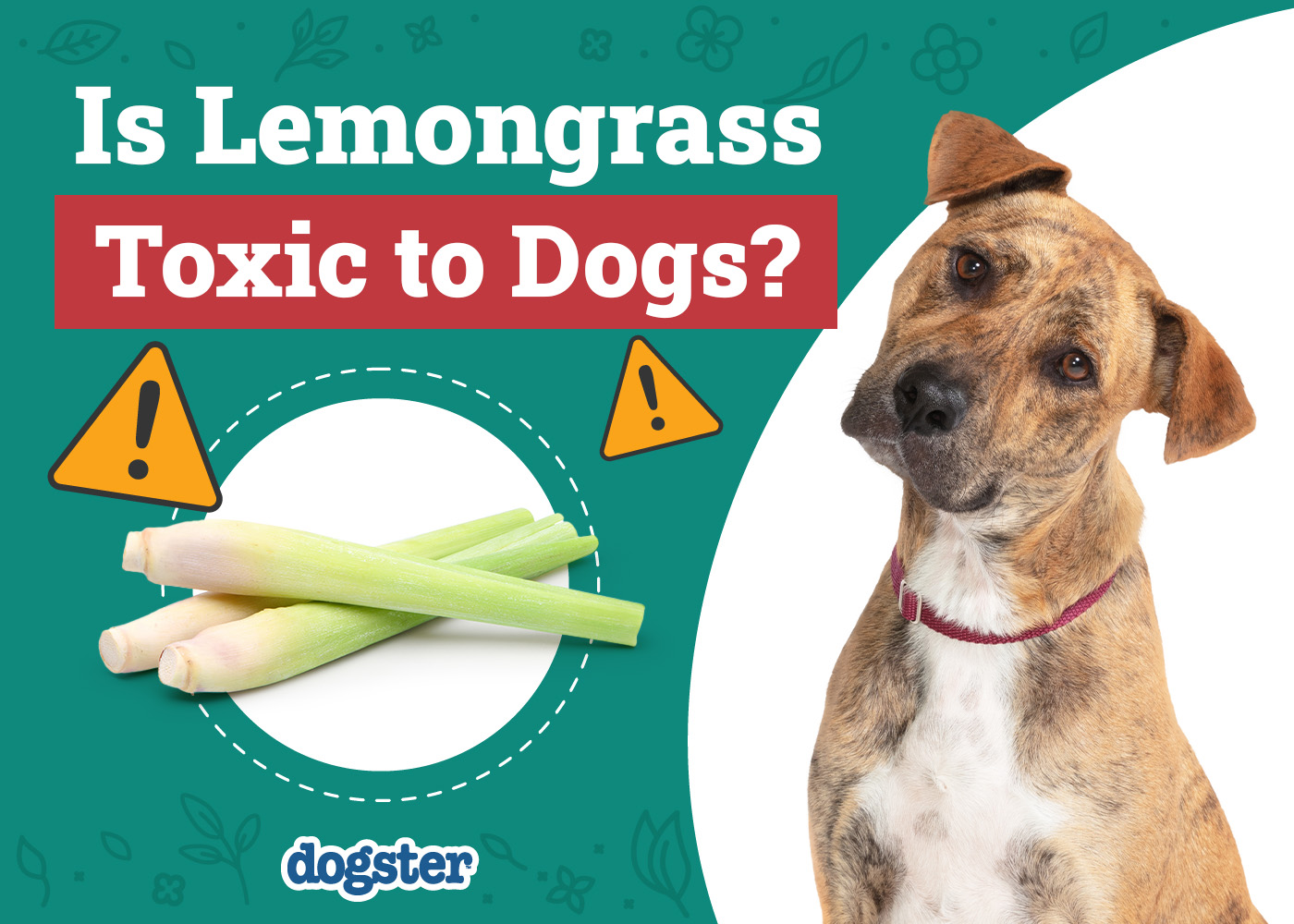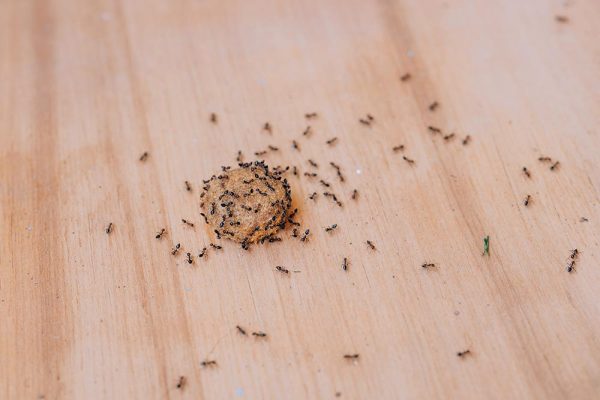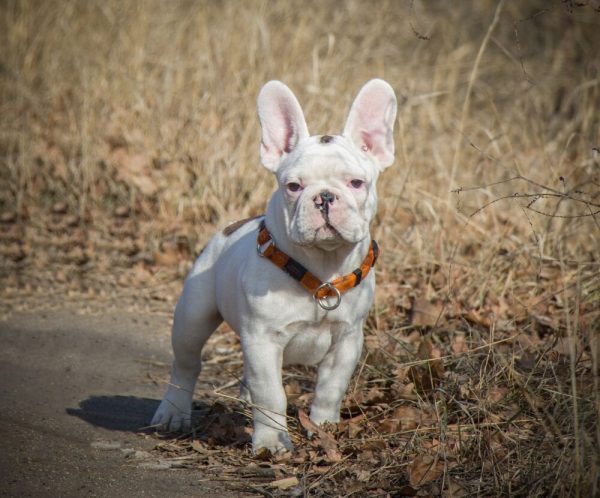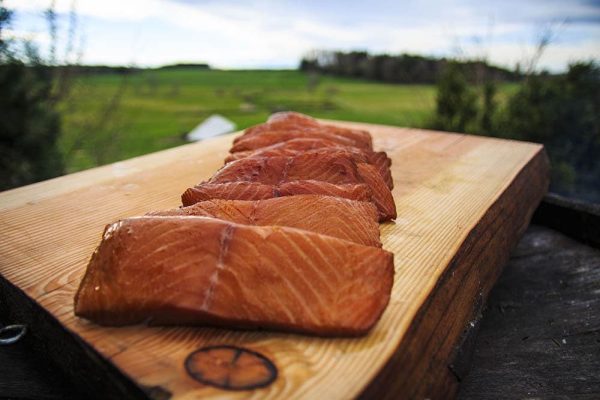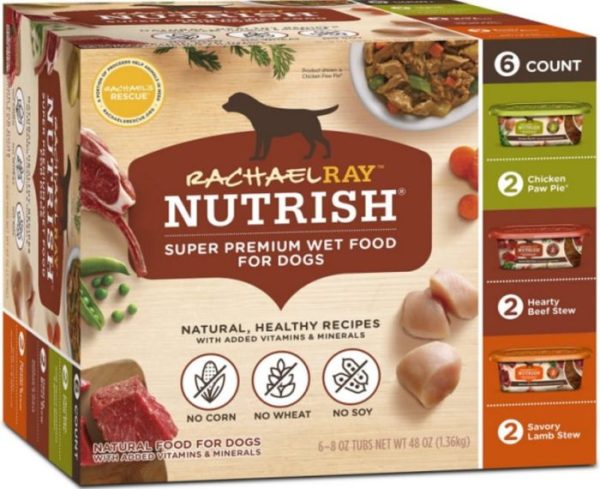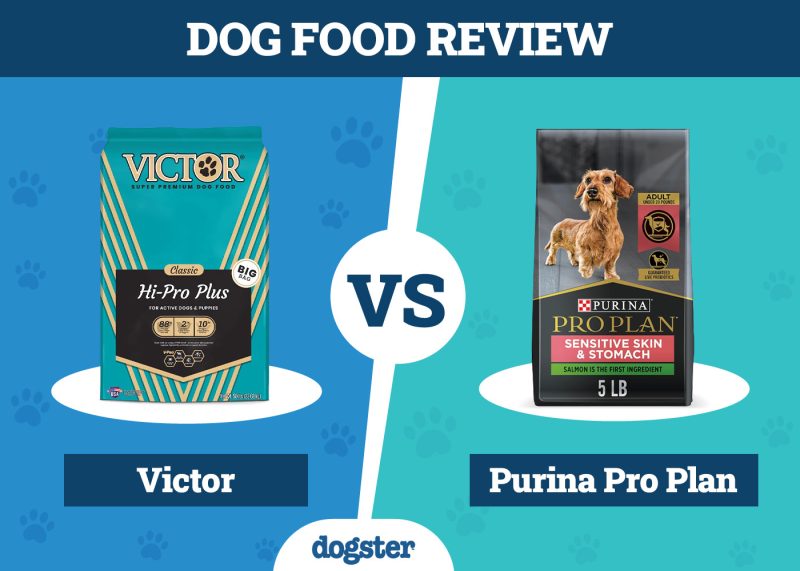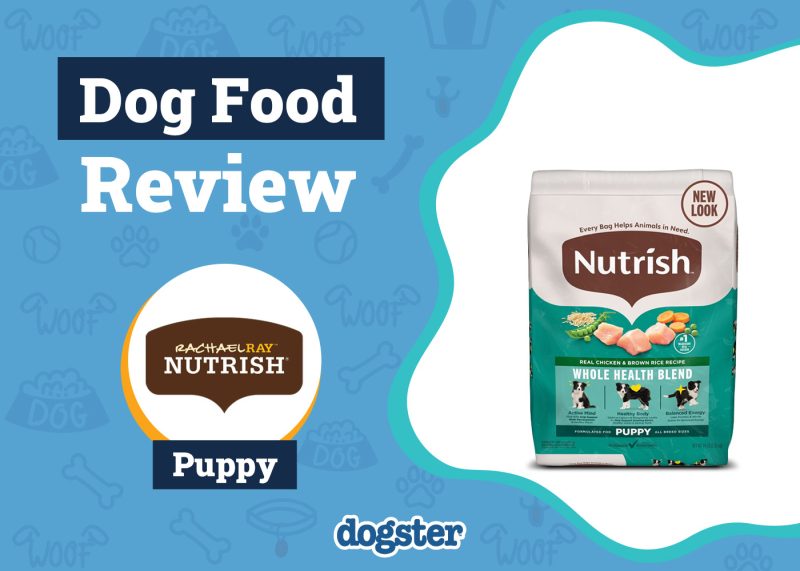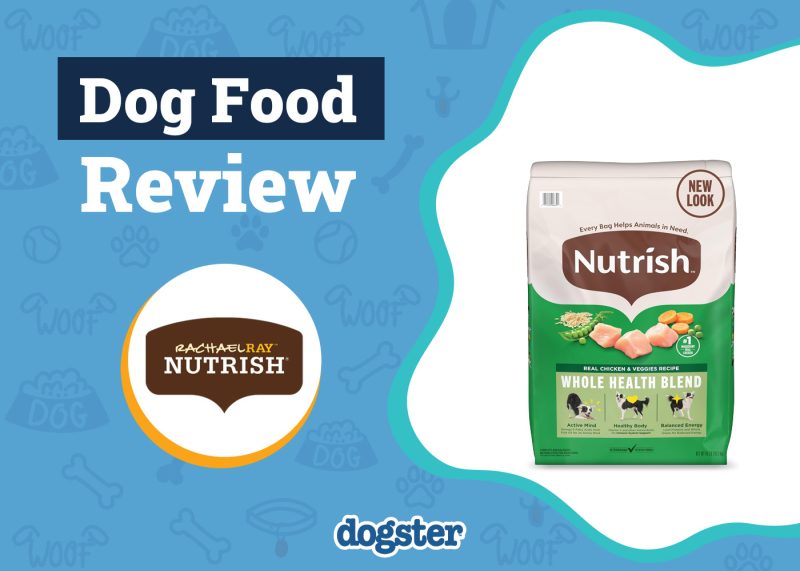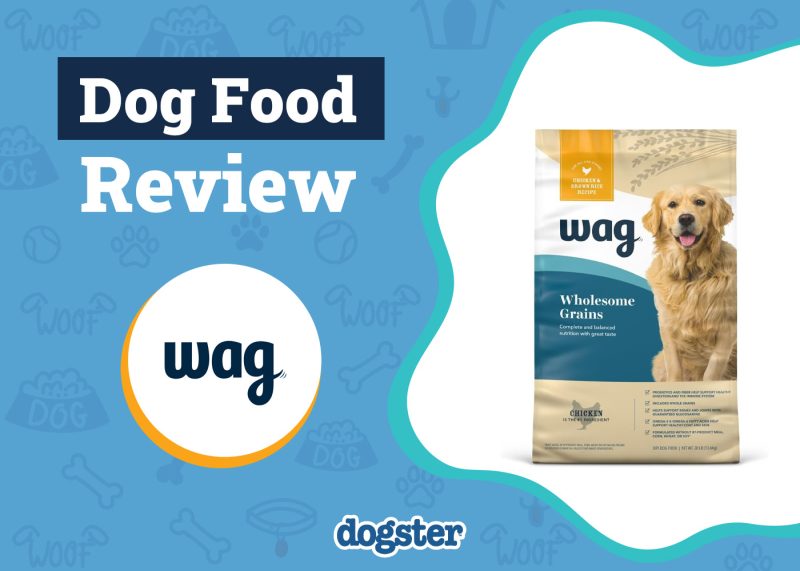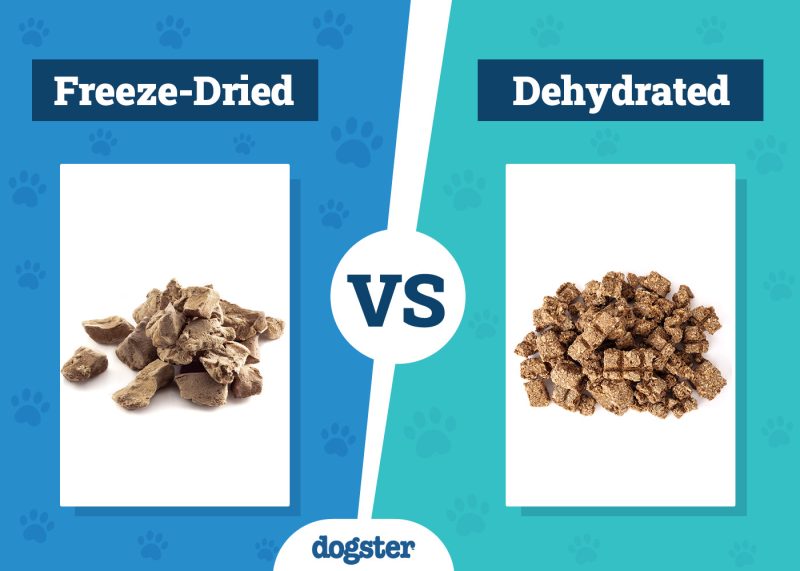Lemongrass is a beautifully scented plant often used in Asian recipes. It can grow in your garden, or you can purchase fresh or dried varieties from grocery stores or large retailers. However, if you find your dog with its nose in your herb cabinet, you may wonder whether or not lemongrass is toxic for them. Lemongrass is toxic to dogs, and they shouldn’t be allowed to eat it. Read on to discover why, and what to do if they eat some.

What Is Lemongrass?
Lemongrass is the common name given to a group of plants in the Cymbopogon genus. It usually refers to the Cymobopogon citratus plant, which is widely used in cooking and herbal medicine.
Lemongrass is used in Asian cooking and has a fresh, citrus taste and smell. In addition, it is used in perfumes and cosmetics, brewed into teas, and applied as an essential oil. In herbal medicine, lemongrass is widely used as a remedy due to its proven antibacterial, antifungal, and anti-inflammatory properties.
Citronella
Citronella, or Cymbopogon pardus/winterianus, is a different type of Cymbopogon closely related to lemongrass. The oil of citronella is often used as an insect repellent and is made into diffusers, candles, sprays, etc. Unfortunately, the citronella plant is also toxic to dogs, and signs of poisoning are similar to those of the lemongrass plant.
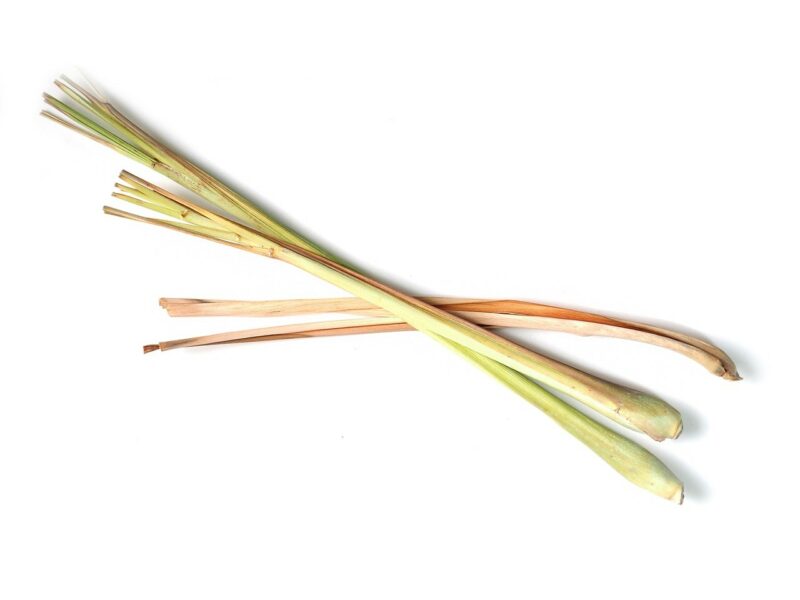
What Makes Lemongrass Toxic?
Lemongrass contains substances called cyanogenic glycosides. These substances are converted in the body via enzymes into cyanide. Cyanide essentially causes oxygen to stop being brought into the tissues by the body; this makes cyanide poisoning potentially fatal. However, cyanogenic glycosides are much less potent and are not converted into cyanide unless they come into contact with the enzymes (present in saliva) as an animal chews.
Typically, only a small amount of cyanide is converted by eating plants like lemongrass, and dogs would have to eat a lot of it for fatal cyanide poisoning to occur. However, there are signs of toxicity to be aware of, and even a small amount of lemongrass can cause gastrointestinal upset in dogs.
While the chemicals in lemongrass are toxic, the plant’s sharp leaves and fibrous nature are more concerning. If a dog eats a large portion of lemongrass, it can very easily cause gastrointestinal blockage. GI blockages can quickly become fatal and are extremely dangerous for dogs.
What Happens When a Dog Eats Lemongrass?
If your dog eats a small amount of lemongrass, it’s unlikely that they’ll experience adverse effects. However, if you suspect your dog has ingested lemongrass, it’s important to contact your vet immediately.
- Vomiting
- Nausea
- Stomach Pain
- Drooling
If your dog has eaten a larger amount of lemongrass, they might show more severe signs of illness.
- Breathing difficulties and labored breathing
- Ataxia (wobbling gait)
- Heart rate changes
- Cherry red mucous membranes (tongue and gums)
- Collapse
You cannot be sure how lemongrass will affect your dog, so taking them to your veterinarian if they’ve ingested any amount, no matter how small, is sensible.
If you need to speak with a vet but can't get to one, head over to PangoVet. It's our online service where you can talk to a vet online and get the advice you need for your pet — all at an affordable price!
What Should I Do if My Dog Eats Lemongrass?
If your dog has gotten into lemongrass, you should take them to your veterinarian for treatment. First, try to determine exactly how much your dog has eaten. Then, once in the vet’s office, explain how your dog got to the lemongrass and tell them about any signs of illness they’ve experienced. Treatment will likely be based on your dog’s signs, but each case will differ.
What Treatment Is Given for Lemongrass Toxicity?
The treatment for lemongrass poisoning will support your dog’s body and counteract any problems that arise, such as giving fluids when vomiting to prevent dehydration or the administration of oxygen. In some cases, your vet may need to determine whether a gastrointestinal blockage could have occurred, so imaging such as an X-ray may be used.
In cases where cyanide poisoning is suspected, intense supportive treatment and possible treatment with sodium nitrate or sodium thiosulphate can neutralize the cyanide released by enzymes. Your dog will be monitored and have blood tests alongside general care, including ensuring they’re urinating and their liver and kidneys are functioning.
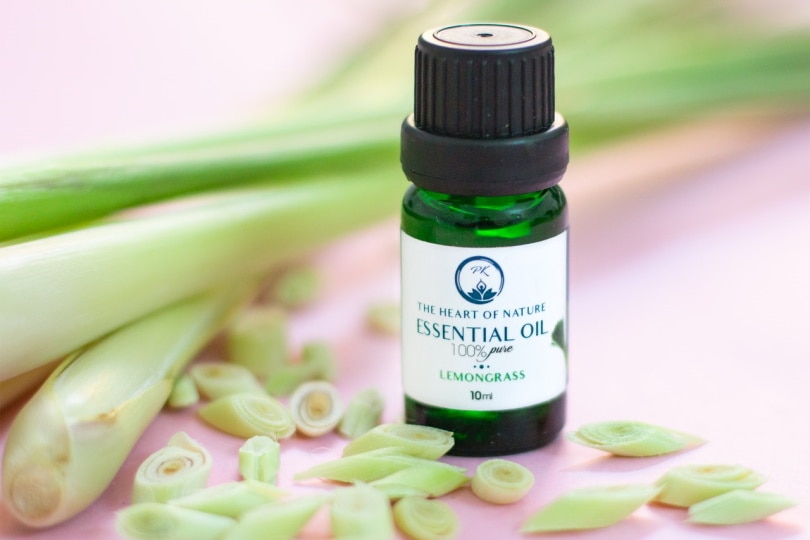
Is Lemongrass Essential Oil Safe for Dogs?
Pure lemongrass essential oil is a more concentrated form of the plant and is unsafe to use near your dog. Essential oils are often very potent and can cause airway and skin irritation when they come into close contact with dogs. You should never put undiluted essential oils on your dog’s skin since burns and intense irritation can occur. If your dog has licked or ingested lemongrass essential oil—or any essential oil—they should immediately be taken to the vet.
However, diluted lemongrass essential oil found in shampoos and other products is generally safe for dogs. There’s just enough lemongrass to create a pleasant smell without causing any harm.
- Drooling
- Tremors
- Burns to the mouth or face
- Vomiting
- Ataxia

Conclusion
Lemongrass is toxic to dogs if eaten, so it’s wise to keep it out of your dog’s reach and never give it to them to eat. Lemongrass can cause vomiting and stomach upset in small amounts, and larger amounts can cause gastrointestinal blockage or cyanide poisoning in rare cases. The important thing to remember is that even a tiny amount of a toxic substance could be hazardous for some dogs, as the size and health of a dog will affect how its body processes certain substances. Therefore, it’s always best to take your dog to the vet if you’re concerned they may have consumed lemongrass.
Featured Image Credit: WonderfulBali, Pixabay

